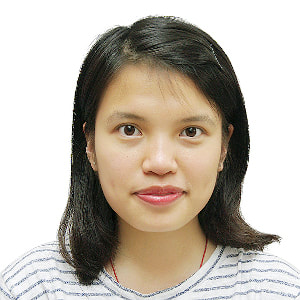Fischer is Assistant Professor of Educational Effectiveness at the Hector Research Institute of Education Sciences and Psychology at the University of Tübingen in Germany and a Research Affiliate with the UC Irvine School of Education. Previously, he served as a distinguished postdoctoral scholar at UC Irvine working under the mentorship of Warschauer and Dean Richard Arum. He received his Ph.D. in Learning Technologies from the University of Michigan.
Richardson served the Bren School of ICS as founding dean and before that as chair, for a total of ten years. She pioneered research in "specification-based testing", whereby formal specifications are employed to guide software testing, and researched way to adapt software engineering methods to socially relevant domains. Richardson is a national voice for women and underrepresented minorities in technology. Warschauer is a Professor of Education and Informatics and director of the Digital Learning Lab at UC Irvine. He has been a leader in the field of digital learning—with a focus on the needs of diverse learners—since the early 1990s. Current major projects include a study of online learning in higher education, a randomized-control trial of a promising new literacy software for middle school students, and the use of conversational agents to create interactive science videos for young children. His DLL team is exploring new approaches to data mining, machine learning, and learning analytics to analyze the learning and educational data that result from use of new digital tools. Abstract Self-efficacy is an important construct for CS teachers’ professional development, because it can predict both teaching behaviors as well as student outcomes. Research has shown that teachers’ self-efficacy can be as influential as their actual level of knowledge and abilities. However, there has been very limited research on CS teachers’ self-efficacy. This study describes the development and implementation of an instrument that measures secondary school teachers’ self-efficacy in teaching computer science. Teachers attended a nine-week hybrid professional development program and completed the computer science teaching self-efficacy instrument. Confirmatory factor analysis validated the self-efficacy instrument, which can be potentially used in other CS education settings. The results also indicated that teachers’ self-efficacy in the content knowledge and pedagogical content knowledge dimensions of teaching computer science significantly increased from participating in the professional development program. Comments are closed.
|
Resources for:
|
|


